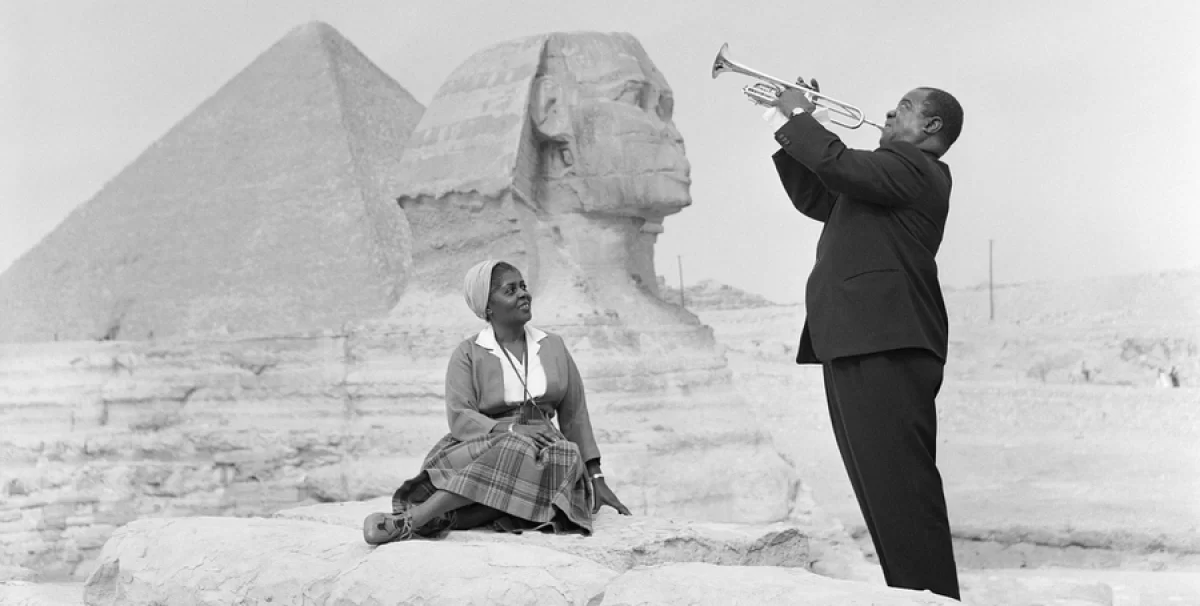I will be brief. The place I grew up in, where I osmotically developed as an ‘Englishman’ (English person) is no longer that place. It is a different, a much darker place; but this is not the interesting or surprising thing.
The interesting and surprising thing is also the horrifying thing: far too few – look, it’s the English to be honest, not really the Scots, Welsh or the Irish; perhaps they have some ancestral, residual Gallic/Celtic spirit of rebellion – are willing or able to realise the patently obvious, let alone to do damn all about it: the country is being slowly and not-at-all subtly converted by its rulers into an authoritarian state. A whatee? A state wherein the ruling minority – not governing, per se (that demands working with reality), but ruling (imposing an artificial reality) using a well-worn combination of propaganda and thuggery (Putinism, for the sake of argument) – tell the ruled majority what they must believe and what they cannot do; and it’s always a very long list, often with criminal sanctions attached. Why are the non-ruling majority English people using every tired old trick in the book of Great English Mythologies – read: delusions carried over from times past – to convince themselves that this is not really happening? Why are the English people so unrevolting?
Perhaps, to respond as the French do under similar circumstances would be the ultimate treason: to adopt Gallic remonstrance over and above good ole un-French stiff upper lip. Ne’ mind eh? Perhaps its the under-studied multi-generational effect of funds pulled from public education. Perhaps it’s the boiled [human] frog syndrome: spiritual death by tyranny is a sly, gradual thing. Perhaps it’s the powerful distractions of gaming, streaming and social media. Et-bloody-cetera; I wish I knew.
But what I do know is that the dynamics of a radical shift away from democratic and egalitarian values (notwithstanding that those values are always judiciously manicured by the ruling minority) are well underway; more than you will ever admit, Oh Al-bi-on! The present government of ‘En-gland’ – in its nauseatingly obvious trajectory and its clueless, wave-riding reprobates’ associated, clumsy ideological slobberings – has more in common with Russia, Hungary, Myanmar, the US and the multiple other countries around the world recently or now fronted by – usually – fragile-ego’ed individuals who must never confront their personal demons and must make YOU pay for THEIR perpetual anguish, whether they are the Capo or merely the Capo’s creepy funereal willing servants. Nota bene: none _wish _you _good.
Once upon a few times, the ruled majority were partially revolting. St. Peter’s Fields? The Peasant’s Revolt? And now? Well, let’s say the signs aren’t good. People are too busy dealing with the consequences to attend to the (bloody) obvious root cause; that’s the most generous take. When I hear the incessant, incoherent ramblings, lies, excuses and self delusions being promulgated in the media and expressed more widely in various polls, I do, really, want to be sick. I want to turn off, but yet find it painful to ignore like the dilemma one might (and some do) face of having a family member lose their mind and yet not being able to accept it with both sides of your brain: that yesterday has gone away and won’t be coming back, EVER. There it is then; the answer to why the English are so unrevolting: plus l’Angleterre change, plus c’est la même chose.



